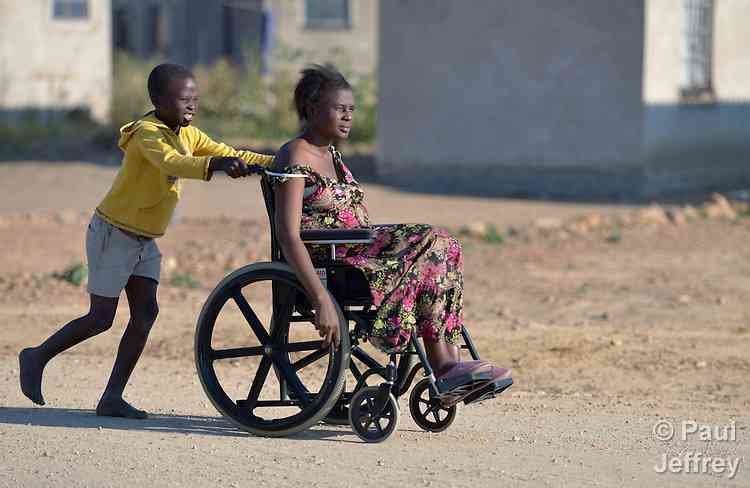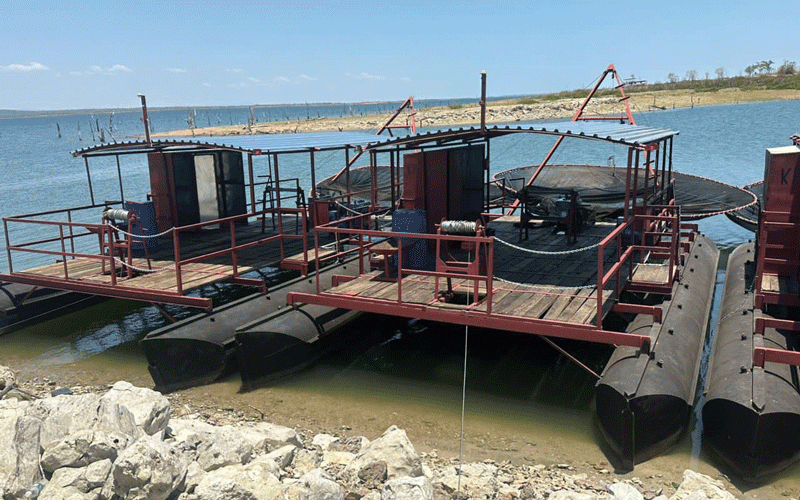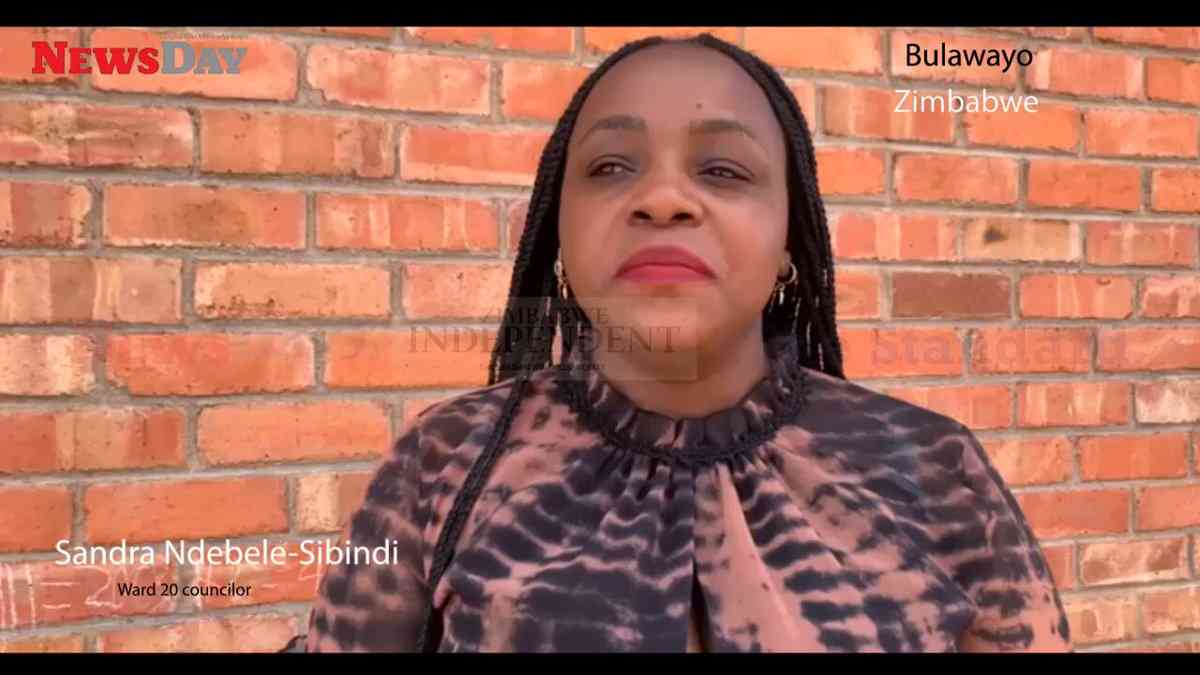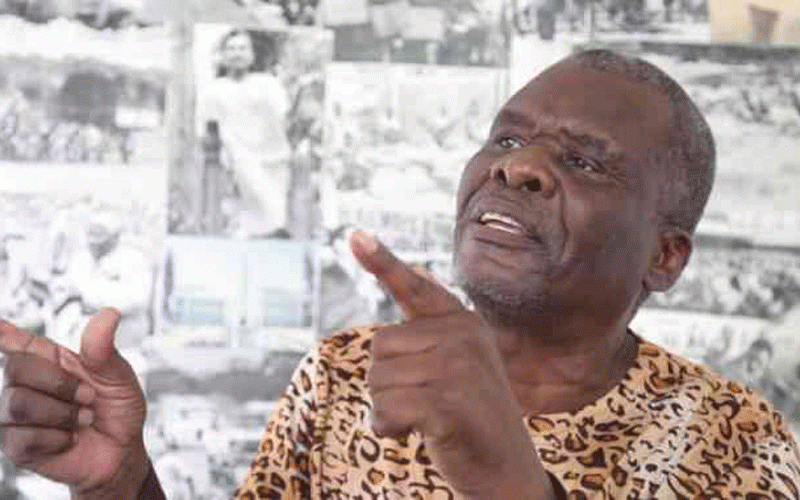
When Chipo Pikirai, who lives with a disability, met her now husband, it was love at first sight.
“We were both so smitten that we were soon talking about a happy future and starting a family together,” she said, smiling.
But the union became a source of anguish as Chipo’s in-laws struggled to accept a person with a disability as a bride or her child. Hurtful words and actions followed.
“Some of my husband’s relatives treated me like an outcast. They would ask my husband, ‘Why do you love such a person?
“Why should you have children with her as if there are no other normal girls around?’” said Pikirai, a young mother of one.
Thanks to a support group introduced in her locality under Unicef, the 22-year-old is now living a happy life again.
She is now a campaigner for inclusion in sexual and reproductive health rights.
These range from asserting independence in sexual and reproductive choices such as family planning, access to health care and fighting sexual abuse of children with disabilities.
- Zim's pro-PWD policies receive UN thumbs up
- Letters: PWDs remain susceptible to abuse
- More action needed to stem child marriages
- Child marriage: A heavy cost for young girls in Africa
Keep Reading
The Convention on the Rights of Persons with Disabilities highlights the importance of integrating a gender perspective in all efforts to promote the full enjoyment of human rights and fundamental freedoms by persons with disabilities.
For Unicef and its partners, the ministry of Public Service, Labour and Social Welfare and the Zimbabwe Parents of Handicapped Children Association, this includes ensuring that sexual and reproductive health education is accessible to all adolescents, including those with disabilities.
The government of Sweden, the government of Norway through Norad, and the Swiss Agency for Development fund the intervention.
Support groups such as the one in Chivi, working closely with community childcare Workers, are a practical approach.
Established in 2021, the support group has been holding campaigns to change negative attitudes and behaviours in an area where many lack respect for the sexual, reproductive, and health rights of adolescents living with a disability.
“We were prohibited from going to school or falling in love before this support group was introduced.
“It was taboo to see a girl with a disability entering into a relationship, let alone start a family,” said Pikirai.
After attending awareness sessions conducted by the support group, Pikirai’s in-laws changed.
“They now realise that disability is not an inability; they are treating me as an equal and involve me in decision making.
“The support group healed our differences; it opened our eyes. We are one happy family,” she said.
When Pikirai is not attending to her chores at home, she is usually in the company of other members of the support group or the community discussing sexual and reproductive and health issues.
“We have rights to promote and protect. Many of us were ignorant and suffered in silence, but now we know we should report to childcare workers or the police when we experience abuse.
“We are also learning about the use of contraceptives to avoid unplanned pregnancies or HIV,” said Pikirai.
Young people such as Pikirai work closely with Gunda Murambiwa, a local childcare worker who links children living with disability to relevant services such as justice delivery, health, social welfare and psychosocial support.
He said adolescents living with disability were previously left out of sexual and reproductive health awareness programmes.
“Even at school, they wouldn’t be regarded as people who needed that information. Yet they are more vulnerable,” he said.
More people are now aware of the importance of reporting cases of sexual abuse of children living with disability since the inception of the intervention, said Murambiwa.
Some community members secretly tip him off about abuse cases, he said.
“We are the ears and eyes of the community.
“We have big ears and big eyes and a tiny mouth because we have to get people to trust us with confidential information,” he said, perusing through a directory with a list of contact details of the local police, hospital and social welfare department where he refers the cases.
The change in attitudes has seen many adolescents living with disability increasingly joining the social scene in the community, said Murambiwa.
It is a feeling Pikirai, the young mother of one, can associate with.
“We couldn’t freely socialise without being labelled,” she said.
“Now we attend parties and other social gatherings. We can detect abuse, and we can fall in love.” — Unicef









